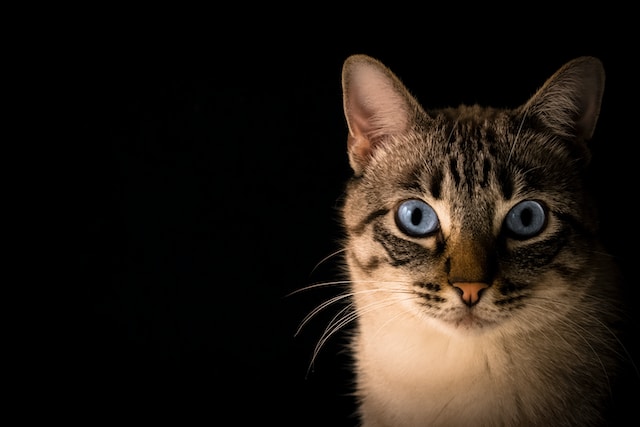Cats are natural predators and are known for their ability to catch and kill small animals such as mice, rats, and birds. However, some cats may encounter larger prey, such as snakes, and may attempt to catch and eat them. In this article, we will explore what may happen if a cat eats a snake and the potential risks and benefits for the cat.

Firstly, it is important to note that not all snakes are dangerous to cats. Some snakes, such as garter snakes or ribbon snakes, are harmless to cats and pose no threat. However, other snakes, such as venomous snakes like rattlesnakes, copperheads, or coral snakes, can be dangerous to cats and can cause serious health problems or even death.
If a cat eats a snake, it may experience several potential benefits and risks. One potential benefit is that the cat may obtain nutrients from the snake’s body, such as protein, fats, and minerals. In the wild, cats often consume a varied diet of small animals, and eating a snake may provide the cat with essential nutrients that it may not obtain from its regular diet.
However, there are also several potential risks that a cat may face if it eats a snake. If the snake is venomous, it may inject venom into the cat’s body, which can cause a range of symptoms such as swelling, pain, and difficulty breathing. In some cases, the venom may be lethal, especially if the cat is small or has an underlying health condition.
Another potential risk is that the cat may ingest bones or other indigestible parts of the snake, which can cause gastrointestinal problems such as vomiting, diarrhea, or constipation. In some cases, these symptoms may be severe and require veterinary treatment.
In addition, if the cat eats a snake that has ingested toxins or parasites, the cat may also be exposed to these harmful substances, which can cause health problems. For example, if the snake has eaten a poisoned rodent, the cat may also be exposed to the poison.
It is also important to note that some snakes may carry diseases that can be transmitted to cats. For example, snakes may carry Salmonella bacteria, which can cause illness in cats and humans. If a cat eats a snake that is infected with Salmonella, it may also become infected and may require veterinary treatment.
In summary, if a cat eats a snake, it may experience several potential benefits and risks. While eating a snake may provide the cat with essential nutrients, it may also expose the cat to venom, toxins, parasites, or diseases. If you suspect that your cat has eaten a snake, it is important to monitor it closely for any signs of illness or injury and seek veterinary treatment if necessary. It is also important to ensure that your cat’s regular diet provides all the necessary nutrients to keep it healthy and strong, and to supervise your cat when it is outside to minimize its exposure to potentially dangerous animals.
